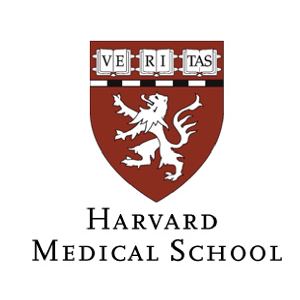Understanding the common and divergent change processes in meditation practices, psychedelic treatment, and other methods of evoking non-ordinary states offers clinicians and researchers an opportunity for deeper understanding of how psychological disorders are created and alleviated. This course will explore the history, science, neurobiology, and pros and cons of different ways of working with non-ordinary states of consciousness, especially psychedelics. It is intended for mental health and health practitioners, and others wanting a deeper understanding of non-ordinary states and their therapeutic potential. Multiple learning formats will be used including didactic presentations, panels, case discussions, and Q&A. Course directors will also lead participants in a guided meditation session.
- Define non-ordinary states of mind and describe their use in psychotherapy and everyday life.
- Identify and work safely and effectively with techniques for inducing or exploring non-ordinary states of consciousness that are currently available in clinical practice.
- Explain psychedelic medication, and describe the history and research on psychedelics in clinical settings.
- Present the ethical and legal issues, along with indications and contraindications, of using psychedelics in therapeutic settings.
- Describe the controlled investigations currently underway into the use of MDMA, psilocybin, and ketamine for the treatment of psychological disorders.
- Develop an expanded model of therapeutic action that includes non-ordinary states of mind.
|
This course is targeted at Primary Care Physicians, Specialty Physicians, Nurses, Nurse Practitioners, Physician Assistants, and Psychologists. This course may also be of interest to physicians who practice in Internal Medicine, Lifestyle and Mind-Body Medicine, Psychiatry, Pediatrics, and Adolescent Medicine, Psychology and Mental Health, Emergency Medicine, Family Medicine, and Pain Medicine.



